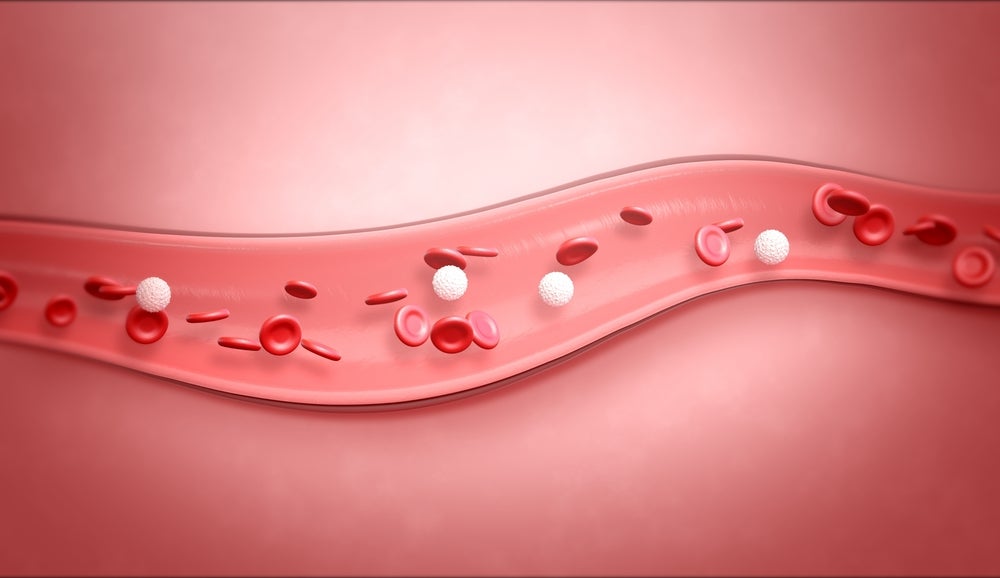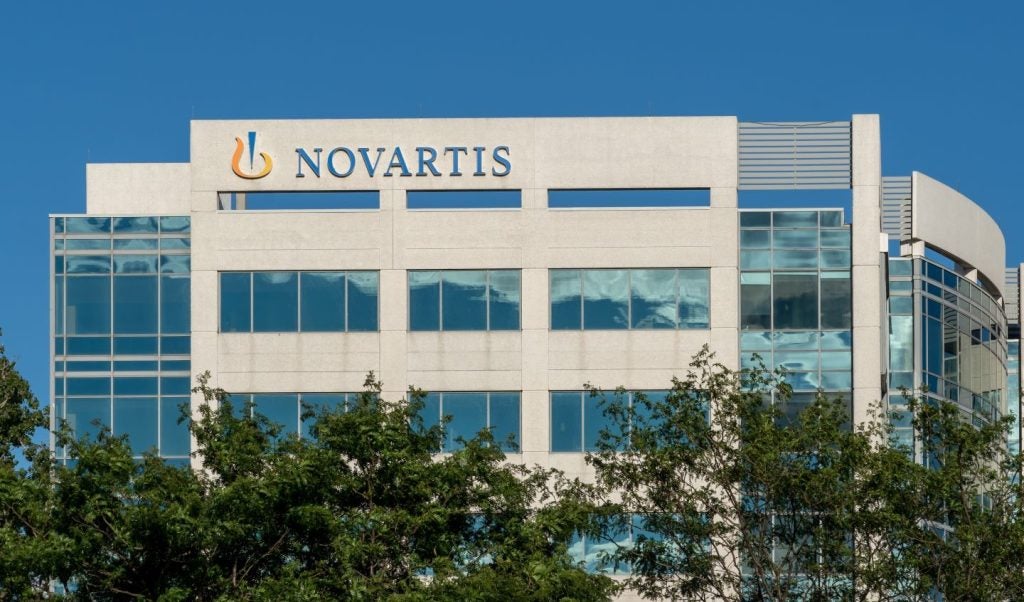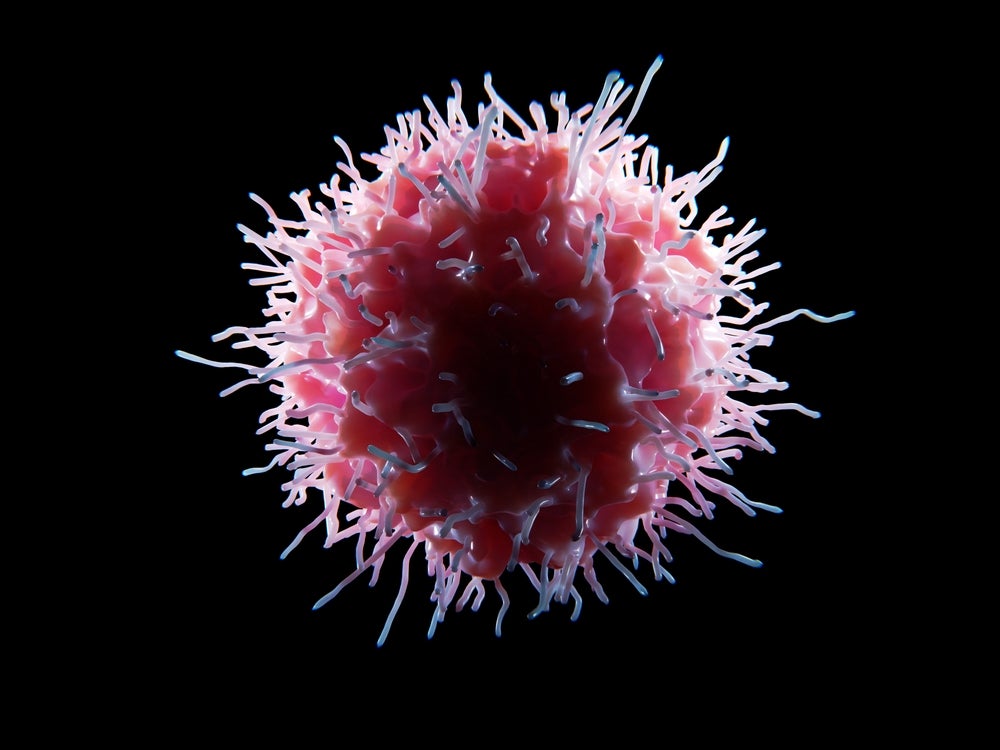Celgene has presented positive Phase IIa data for its cereblon inhibitor CC-220 in 42 patients with systemic lupus erythematosus (SLE) and active skin manifestations, showing clinical relevance in the treatment of both lupus skin manifestations and general lupus symptoms.
Based on the previously observed positive effects of cereblon inhibitors such as thalidomide and lenalidomide on skin-specific symptoms in lupus, experts expected a similar effect for the lenalidomide derivative CC-220 on improving lupus skin manifestation.
However, CC-220’s ability to improve general lupus symptoms was a welcomed development. GlobalData believes that this initial pilot Phase IIa study boosts Celgene’s ambition to pursue development of CC-220 for general SLE beyond treating skin manifestations in its upcoming Phase IIb study.
CC-220’s Phase IIa study, also known as SLE-001, recruited 42 SLE patients with low disease activity (SELENA-SLEDAI≥4) and active skin disease, randomising patients to one of four escalating doses of CC-220 (0.3mg once-daily, 0.3mg every other day, 0.3mg alternating with 0.6mg once-daily, and 0.6mg once-daily) or placebo. The primary endpoint of change in the cutaneous lupus area and severity activity index score (CLASI) at Day 85 ranged from -4.3 to -7.8 in the CC-220 treatment group, whereas the placebo group experienced an increase in CLASI by 0.4.
Using the safety of estrogens in lupus erythematosus national assessment-SLE disease activity index (SELENA-SLEDAI) score, the investigators were able to identify a four-point reduction in SELENA-SLEDAI in 22.2%–50.0% of patients, compared with 12.5% in the placebo group.
See Also:
CC-220 presented a strong safety and tolerability profile compared to currently marketed immunosuppressive medications, which increases the risk of infections and are associated with long-term disabilities. Among the most commonly reported adverse events were nausea, diarrhea, and maculopapular rash.
How well do you really know your competitors?
Access the most comprehensive Company Profiles on the market, powered by GlobalData. Save hours of research. Gain competitive edge.

Thank you!
Your download email will arrive shortly
Not ready to buy yet? Download a free sample
We are confident about the unique quality of our Company Profiles. However, we want you to make the most beneficial decision for your business, so we offer a free sample that you can download by submitting the below form
By GlobalDataCelgene is planning a Phase IIb study of CC-220 in 280 SLE patients with moderate disease activity (SLEDAI=6-10, SLEDAI>10) in late 2017.
GlobalData anticipates that CC-220, upon successful market approval, will be competing with other big players such AstraZeneca’s anifrolumab, ImmuPharma’s Lupuzor, GlaxoSmithKline’s Benlysta (belimumab) and Merck KGaA’s atacicept in the field for market share. Specifically, AstraZeneca’s anifrolumab, which has also been shown to improve lupus skin manifestations, will be a strong contender for future commercialisation of Celgene’s CC-220.








Related Company Profiles
Celgene Corp